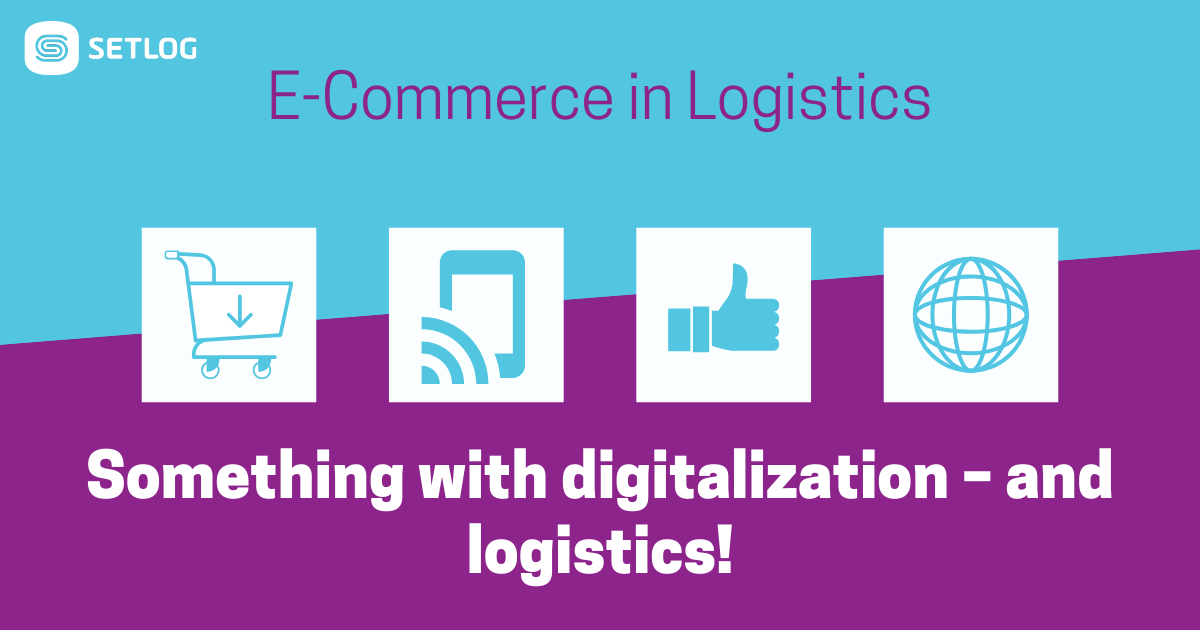
“For many professions we are pessimistic for the next decades” and “many professions will die out” – such statements have long been part of everyday news. They stir up insecurity and make many people fear for their profession. And indeed, there are activities that can be carried out more efficiently in the future using machines and computers. The very term “digitalization” is a trigger for doubt and sometimes even fear. But digitalization (respect, don’t be afraid) offers as many opportunities as it causes concern. While “old” professions are giving way to rapidly advancing technology, new ones are being added. The so-called “Digital Natives” or “Generation Z” (people that were born between 1997 and 2012) seem to be the natural winners for the digital change. Why these generations don’t have to worry, and why previous generations should not worry so much anyway, can be read here.
The Couch Experience
We all know this: Overtime, you still have to buy some food for dinner, and you would like to meet with friends. Somehow this has priority over shopping in the mostly overcrowded city centre. And when you go downtown, you find the perfect garment – but not in the right size. And if the coveted item is available in the right size, even with the perfect cut, then not in the right colour – the stress is already pre-programmed. In today’s fast, hectic and frenetic world, digitalization comes at the right time for us.
Phew. Finally, at home, we have already eaten. Now another tea and off on the couch. Laptop, tablet, smartphone; we have the choice. With the thick socks over the feet and the hot drink it is much better to shop. The demands of the customers can be placed on the digital world like a film: I would like a large selection, availability and the possibility of a consultation, which is offered meanwhile in the online world – these can 1. be fulfilled much better online and 2. be realized at home. And this is where the advantages of E-Commerce come into their own.
E-Commerce has become an integral part of everyday life. Since 2018, a special traineeship has been provided in this area; as a merchant in E-Commerce in order to be able to meet the digital challenges.
Why is the job so necessary now?
Due to the lack of shops and thus the possibility of consulting situations, on which a commercial apprenticeship is based, online and mail order companies were not allowed to train for a long time. But in the meantime, there are also consulting possibilities by telephone and chat in the online world, and so this area has developed into its own training. In order to be able to complete this training properly, it requires a broad interest and the willingness to work in many different areas – how extensive the training is, becomes clear in the following; here the interfaces of the activities are listed:
Accounting: “How is the product range developing? “How many cancellations did we have? Such questions are clarified together with the accounting department and costs and performance calculations are analyzed. The handling of data and figures is trained in particular.
Marketing: Discount campaigns, bringing the product range to the customer, theme pages, newsletters, social media… here, too, the trainee works in cooperation with the marketing department.
IT: Adapting and converting the online shop, generating test pages, measuring success using key figures – the E-Commerce merchant is also involved here.
Purchasers: Here the products are in the foreground: which products must be available, which products work (or don’t work), etc…
Lawyers: E-Commerce merchants must also be aware of legal changes, for example when dealing with shops, marketplaces, image rights, data protection, information duties.
Logistics: In addition to options such as free delivery, questions such as the conditions under which the goods are delivered to the customer and the processing of delivery requests are clarified together with logistics.
At the same time, the fact that the claim and work of an E-Commerce merchant is to help the customer to make a purchase in just a few steps creates a new challenge at the logistics level.
In addition to the various other disciplines, E-Commerce merchants also have to be aware of logistical processes and can even take on the role of decision-makers. For example, when it comes to setting delivery dates, selecting a suitable logistics company. During their training, they also learn how to effectively monitor stock levels. The need to get the right know-how in the logistics sector is there – because E-Commerce has a particularly strong impact in this sector and is associated with great challenges.
E-Commerce in logistics
The logistics industry is one of the winners in the digital transition and therefore also makes up part of the training content listed above.
The possibilities with a completed training in E-Commerce are as extensive as the training contents. Wherever a company operates an online shop there are corresponding jobs, i.e. in retail, wholesale and foreign trade. But also in a logistics company.
Nowadays, a company should definitely run an online shop to survive. Since most companies jump on this bandwagon, the same claim is still present in the minds of the customers as in the analogue shopping experience: The goods should be in the possession of the customer on the same day or at the latest the next day. And who invented it? Exactly, Amazon. Shipping standards have established themselves with the online giant, which means that other companies are under massive pressure to keep up and ensure customer satisfaction – the image is on the razors’ edge. Good logistics can achieve a lot at this point. E-Commerce means that the challenges for logistics are no longer just in the B2B area but have already arrived in B2C: Workflows are different and much more networked; due to digital change, logistics service providers are more dependent than ever on IT support in order to master the new challenges.

Manuel Unkel, Managing Director at B+S Logistik, explains in an interview with MMLogistikwhy a flexible and well organized logistics system is so important:
“The classic B2B contract logistics business, where you have a single interface – namely to the customer’s ERP system – is becoming increasingly rare today. Logistics service providers increasingly overlap with several partners, customer portals, digital marketplaces and payment service providers. Comprehensive IT systems are needed to ens
ure fast and flexible connections and to consolidate all relevant data in a timely manner. The release and connection cycles – for example to new payment methods – have become a very clear criterion for whether logistics service providers can successfully position themselves in the market or not”. (https://www.mm-logistik.vogel.de/so-revolutioniert-e-commerce-die-logistik-a-682084/)
And online trade is growing. In addition to the fact that there will be more and more users, aspects such as customer proximity and reliability can also be further expanded and better standardized in the future. With the help of new professions such as E-Commerce merchant, among others, it will be ensured that there will be broad-based experts who can take on the challenges of digitalization in the future. The complexity that E-Commerce alone brings with it in logistics shows how quickly, drastically and, above all, across industries, E-Commerce has an impact on digitalization.
To ensure that online shops can continue to exist with satisfied customers in the future and that there is less stress in the supply chain, the training offer for merchants in E-Commerce is a huge step in the right direction. The rush for this training occupation is there, and thus there will be enough qualified personnel for the digital challenges, so that the customer in particular remains on the couch.
By the way:
The new apprenticeship as an E-Commerce clerk is enjoying great popularity and has already exceeded expectations for this year. Just under 1,400 contracts were concluded in the current 2018/19 training year, reported the German Retail Association (Handelsverband Deutschland, HDE) in Berlin.
Informations from https://www.ausbildung.de/berufe/kaufmann-im-e-commerce/
